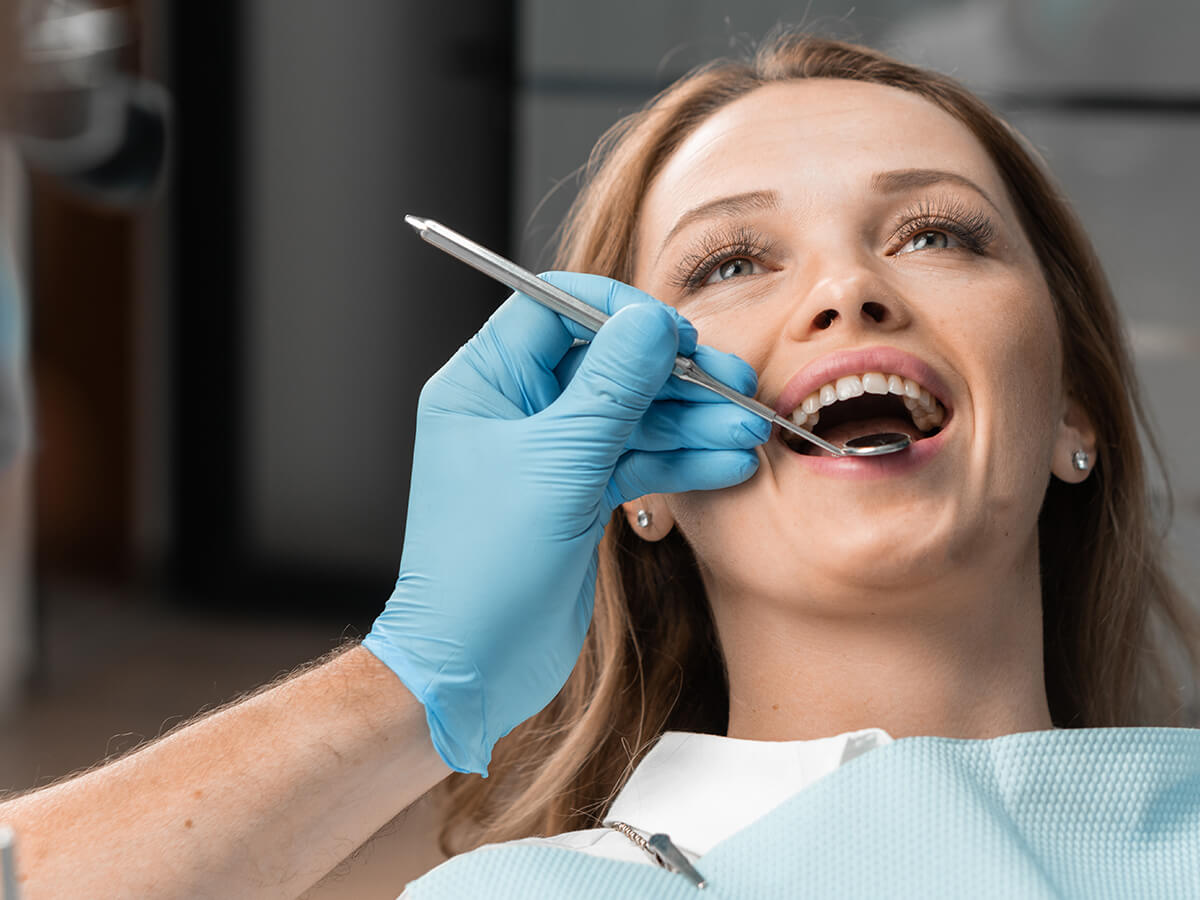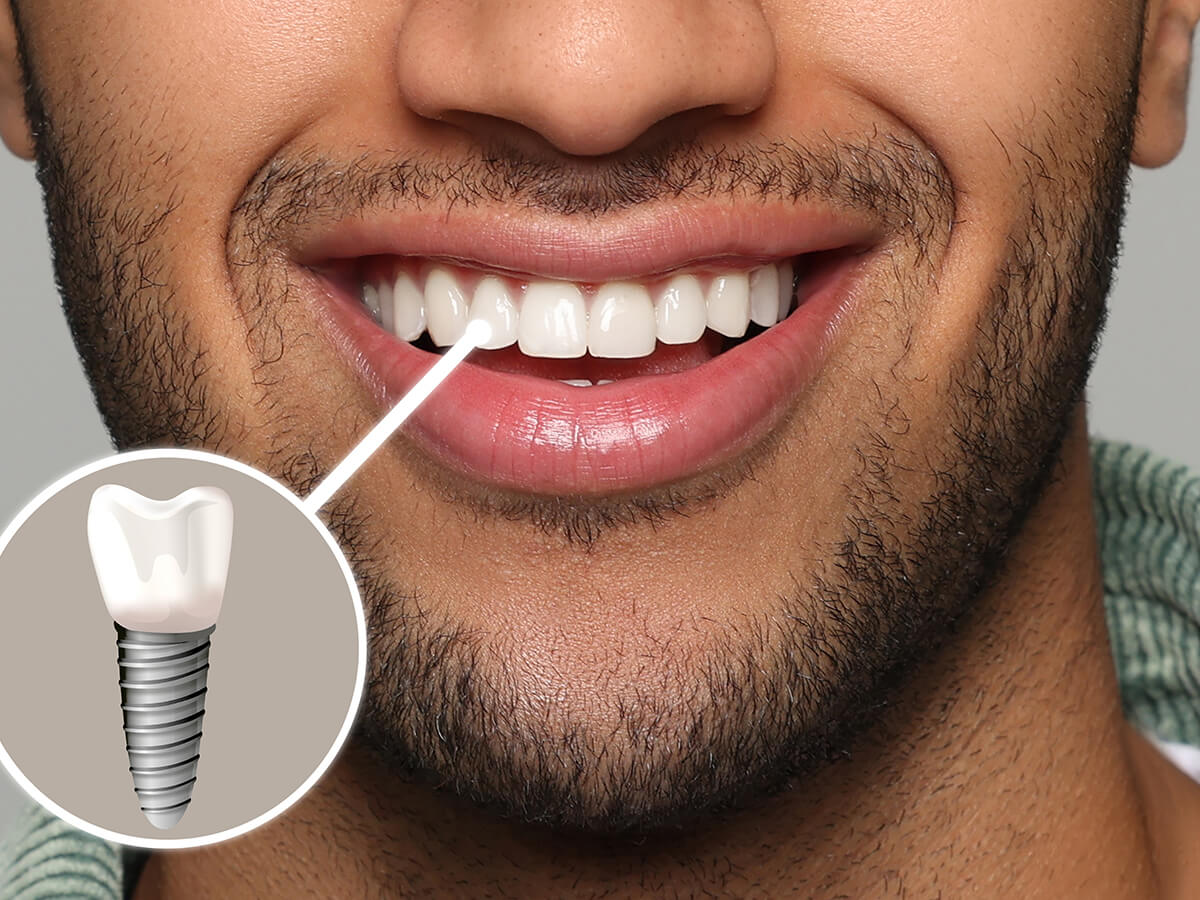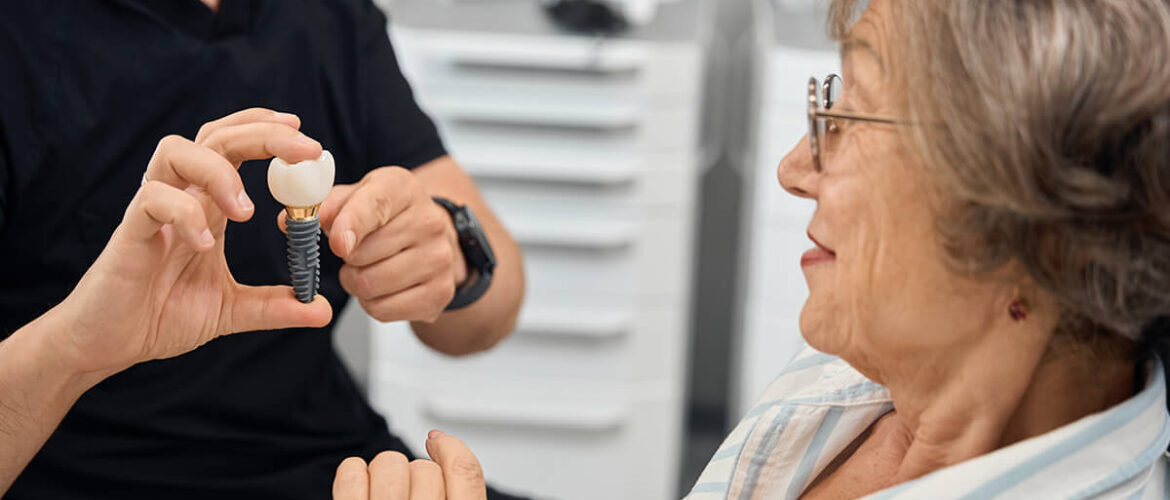Dental implants are a long-term solution for replacing missing teeth, but their success depends on healthy gums as well as the implant itself. The tissues surrounding your implants provide essential support and help prevent infections that could compromise them. Following simple daily care practices can keep your gums strong and protect the longevity of your dental implants.
Why Healthy Gums Are Essential for Dental Implants
Healthy gums are the foundation for any dental implant. They protect the underlying bone and ensure the implant stays firmly in place. Without proper gum care, complications such as peri-implantitis, a type of gum infection, can occur and lead to implant failure.
Maintaining healthy gums reduces the risk of inflammation, swelling, and bone loss around your implants. These issues can affect your bite and overall oral health if left untreated. Paying attention to your gums helps preserve both your implants and your natural teeth, making daily hygiene habits critical.
Gum health is also linked to general well-being. Infections or chronic gum problems can affect your immune system and may contribute to other health conditions. This shows why taking care of your gums is not optional—it’s a key part of ensuring long-term implant success.

Maintaining Strong and Healthy Gums for Your Dental Implants
Healthy gums are key to supporting dental implants and preventing complications like infection or gum disease. Following proper care practices helps ensure your implants last longer and your smile stays strong. Paying attention to simple daily routines can make a big difference in preserving both your gums and implants.
1.Brush Your Teeth Properly Twice a Day
Brushing your teeth removes plaque and food particles that can build up around implants. Use a soft-bristled toothbrush to avoid damaging delicate gum tissue. Make gentle circular motions to clean thoroughly without applying excessive pressure. Brushing twice a day ensures that plaque does not harden into tartar, which can only be removed by a dentist.
2. Use an Implant-Safe Toothpaste
Not all toothpastes are safe for implants. Choose one designed to be gentle yet effective in cleaning around implants. These toothpastes prevent scratching the implant surface and reduce irritation. Using the right toothpaste protects both the implant and surrounding gum tissue.
3. Floss Daily with Implant-Friendly Floss
Flossing removes particles and plaque that your toothbrush cannot reach. Use floss specifically made for implants or a water flosser for a gentler experience. Regular flossing prevents gum inflammation and reduces the risk of peri-implantitis. Incorporating this habit into your routine ensures that every surface around your implant is clean.
4. Rinse with an Antimicrobial Mouthwash
Mouthwash reduces bacteria that can cause gum disease. Select an alcohol-free formula to prevent dryness and irritation. Swish for at least 30 seconds to reach areas your brush and floss may miss. Daily rinsing keeps your gums clean and decreases the chance of infection.
5. Schedule Regular Dental Check-Ups
Professional cleanings are critical to maintaining implant health. Dentists can detect early signs of gum disease that may not be visible or felt at home. Regular visits allow for plaque and tartar removal in hard-to-reach areas. Consistent monitoring ensures that any problems are addressed promptly, protecting the longevity of your implants.
6. Avoid Smoking and Tobacco Products
Smoking restricts blood flow and slows healing, increasing the risk of implant failure. It also promotes bacterial growth around gums. Quitting or limiting tobacco use supports healthy tissue and faster recovery. Maintaining a smoke-free routine significantly improves long-term outcomes for implants.
7. Eat a Balanced, Nutrient-Rich Diet
Good nutrition supports gum and bone health. Include foods rich in vitamins C and D, calcium, and protein to strengthen tissues around implants. Avoid excessive sugary or acidic foods that can damage gums. A balanced diet not only helps healing but also maintains overall oral health.
8. Manage Stress Levels
High stress can affect your immune system and make gums more prone to infection. Stress may also lead to grinding or clenching teeth, putting extra pressure on implants. Using techniques like exercise, meditation, or deep breathing helps maintain healthy gums. Lower stress levels contribute to better healing and long-term implant stability.
9. Monitor Your Gums for Early Signs of Problems
Pay attention to changes in your gum color, swelling, or bleeding. Early detection of issues allows timely intervention before serious damage occurs. Regular self-checks help you notice subtle signs that may indicate infection. Addressing problems quickly prevents complications that could jeopardize your implants.
When to See Your Dentist About Gum Concerns
Even with proper care, gum issues can develop around dental implants. Persistent pain, swelling, or bleeding is a sign you should see a dentist promptly. Early treatment prevents implant failure and helps maintain your oral health.
Dental professionals can provide targeted solutions if problems arise. They may recommend deep cleaning, antibiotics, or adjustments to your implant. By addressing concerns quickly, you reduce the risk of long-term complications and keep your smile healthy.

Frequently Asked Questions
- How long does it take for gums to fully heal around an implant?
Gum healing usually takes a few weeks, but complete integration with the implant can take several months. Follow your dentist’s instructions for care during this period.
- Do dental implants feel like natural teeth?
Yes, implants are designed to function and feel like natural teeth. Proper care helps maintain this comfort long-term.
- Can children or teenagers get dental implants?
Implants are generally recommended for adults whose jawbone growth is complete. Children and teenagers may need temporary solutions until growth is finished.
Schedule Your Dental Implant Check-Up with Lambton Family Dental
Protect the health of your dental implants in Sarnia with care from Lambton Family Dental. Schedule an appointment to evaluate your gums, receive personalized advice, and keep your implants strong. Call now at 519-344-5747 to book your visit and maintain a healthy, long-lasting smile with professional support.

